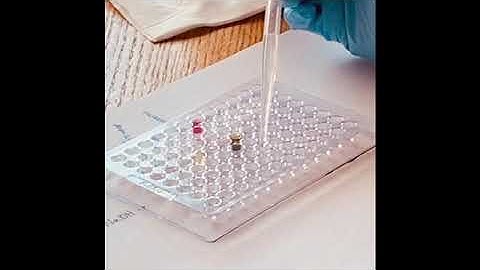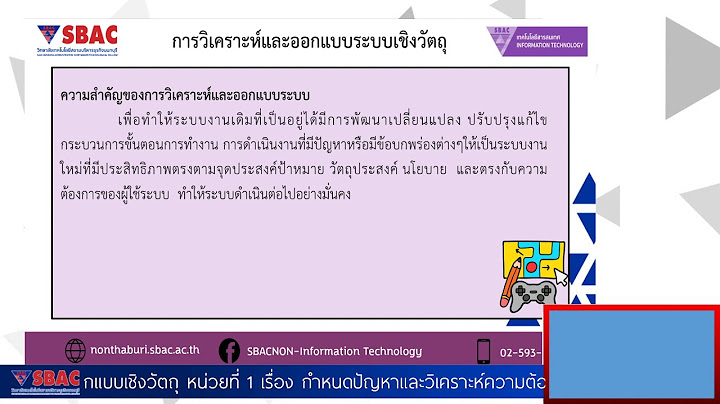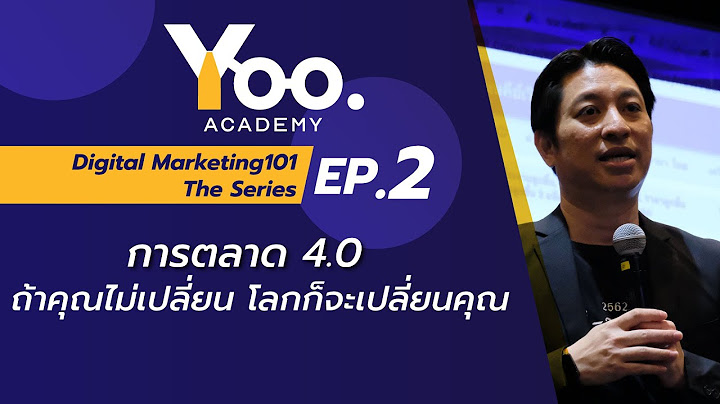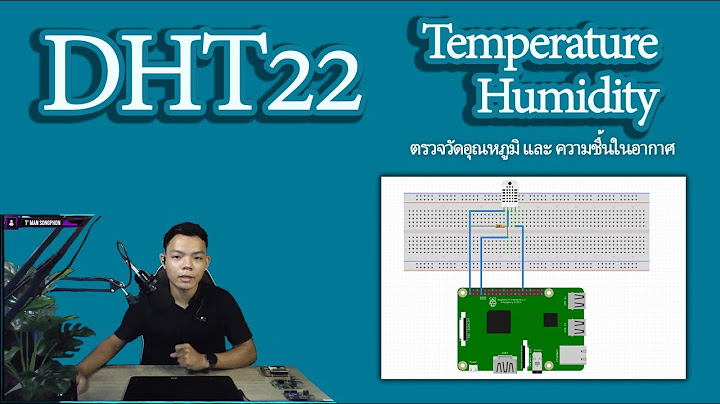Objective: To provide a review of the mechanism of action, clinical efficacy, adverse effects, drug interactions, and therapeutic considerations associated with the use of a ketogenic diet to manage patients with intractable seizures. Show Data sources: A MEDLINE search from January 1966 to the present and relevant articles from journals were reviewed. Data synthesis: The ketogenic diet has been used as a treatment modality since the early 1920s to control intractable seizures. The exact mechanism of action is unknown. Overall, uncontrolled clinical studies have reported that approximately one-third of patients with intractable seizures have become seizure-free on the ketogenic diet. Common adverse events attributed to the diet include dehydration, gastrointestinal symptoms, hypoglycemia, as well as carnitine and vitamin deficiencies. Cognitive effects, hyperlipidemia, impaired neutrophil function, urolithiasis, optic neuropathy, osteoporosis, and protein deficiency may also occur in some patients. Carbohydrate content and drug formulation in the selection of medications while on the diet are important. Acetazolamide, phenobarbital, and valproic acid have been reported to interact with the ketogenic diet. Medications that cause carnitine deficiency or influence carbohydrate metabolism should also be used with caution. The carbohydrate content of drugs in various therapeutic classes is presented to aid in the selection of the most appropriate drug and formulation for patients on the ketogenic diet. The success of the diet in controlling intractable seizures is related to the patient's close adherence to the diet. Minimizing carbohydrate ingestion from medications along with a multidisciplinary team approach to the selection and monitoring of the diet are important to the success of the ketogenic diet in controlling seizures. Conclusions: The ketogenic diet has shown promising results in controlling intractable seizures; however, carefully controlled clinical trials are needed to better assess the efficacy of the diet during its use and after discontinuation. PubMed Disclaimer Comment in
Similar articles
Cited by
Decreased carbon shunting from glucose toward oxidative metabolism in diet-induced ketotic rat brain. ข้อใดเป็น Pharmacodynamic Drug Interaction
Warfarin Drug Interaction มีอะไรบ้าง- ยาที่ใช้ร่วมกันทาใ ้เพิ่มฤทธิ์ Warfarin: Amiodarone, Bactrim, Ciprofloxacin, Levofloxacin, Norfloxacin, Ofloxacin, Moxifloxacin, Gatifloxacin, Azithromycin, Clarithromycin, Erythromycin, Metronidazole, Fluconazole, Itraconazole, Ketoconazole, Miconazole, Econazole, Voriconazole, Cimetidine, Simvastatin, Fluvastatin, ... ผู้ป่วยที่ได้รับยา warfarin ควรระวังการได้รับยาแอสไพริน เพราะเหตุใด4.1 ภาวะอันตรกิริยาระหว่างยาที่เกิดจากกลไกทางเภสัชพลศาสตร์ (pharmacodynamic, PD) โดยยานี้ อาจจะเสริมฤทธิ์หรือท าให้การออกฤทธิ์ลดลงก็ได้เช่น การให้ยา warfarin ร่วมกับ aspirin จะท าให้การออกฤทธิ์ ของ warfarin ดีขึ้นจนอาจท าให้เกิดผลข้างเคียงคือท าให้เกิดเลือดออกผิดปกติได้ หากให้ยาขยายหลอดลมกลุ่ม beta-2 agonists เช่น ... |

กระทู้ที่เกี่ยวข้อง
การโฆษณา
ข่าวล่าสุด
2024 ทำไม register garmin แล วระบบแจ งว าไม พบ serial number
4 เดือนs ที่ผ่านมา . โดย OperativeFraudผู้มีส่วนร่วม
การโฆษณา
ผู้มีอำนาจ
การโฆษณา
ถูกกฎหมาย
ช่วย

ลิขสิทธิ์ © 2024 th.ketajaman Inc.




























